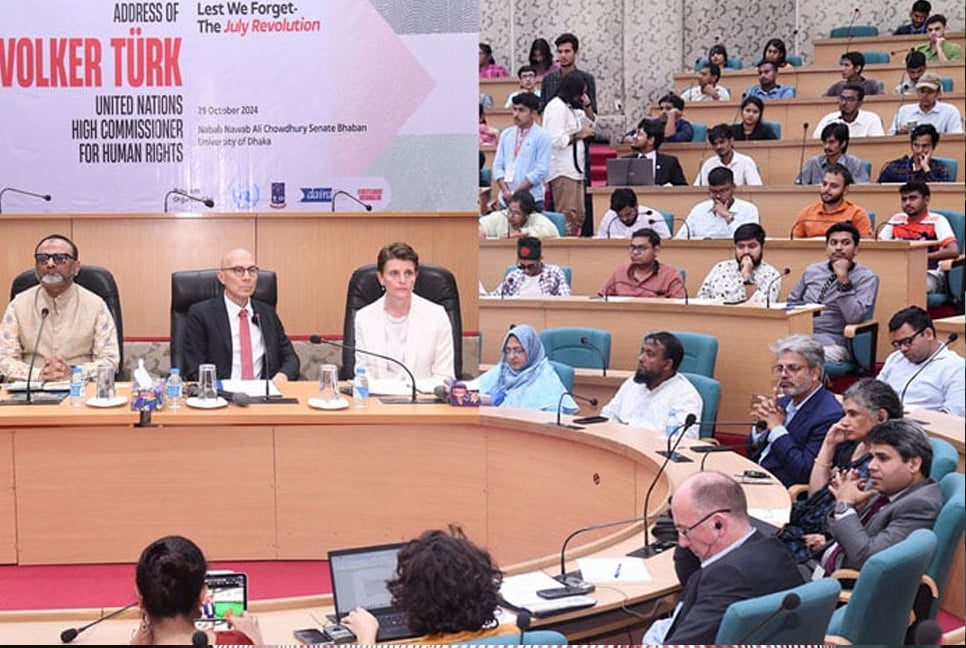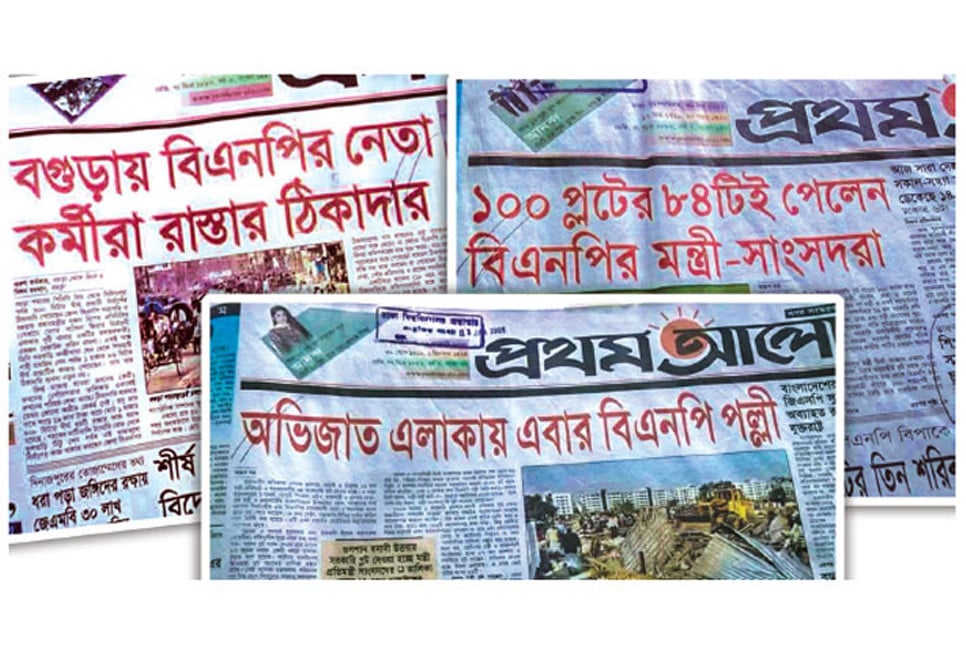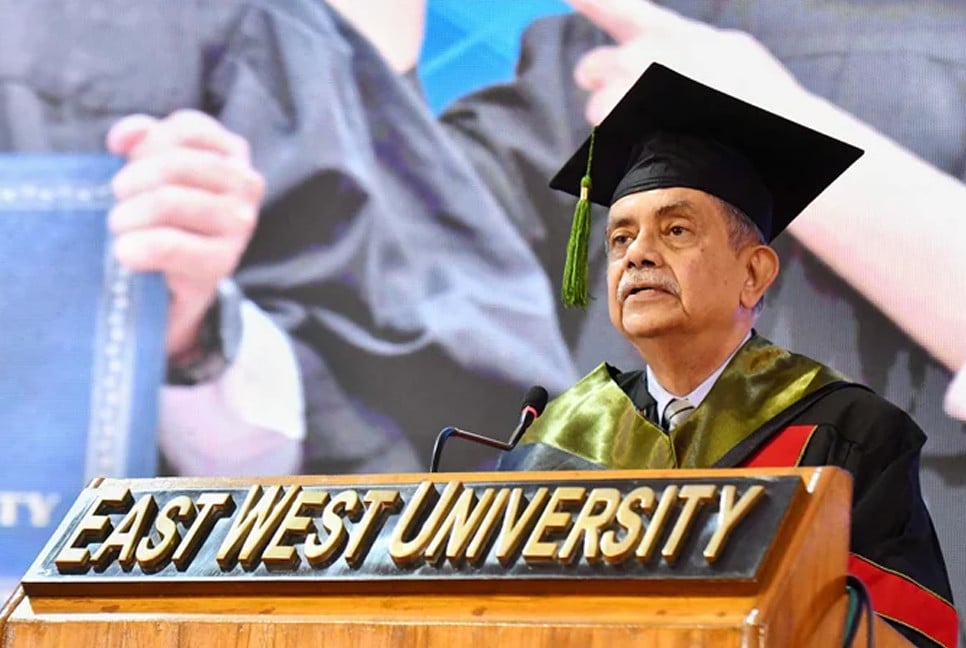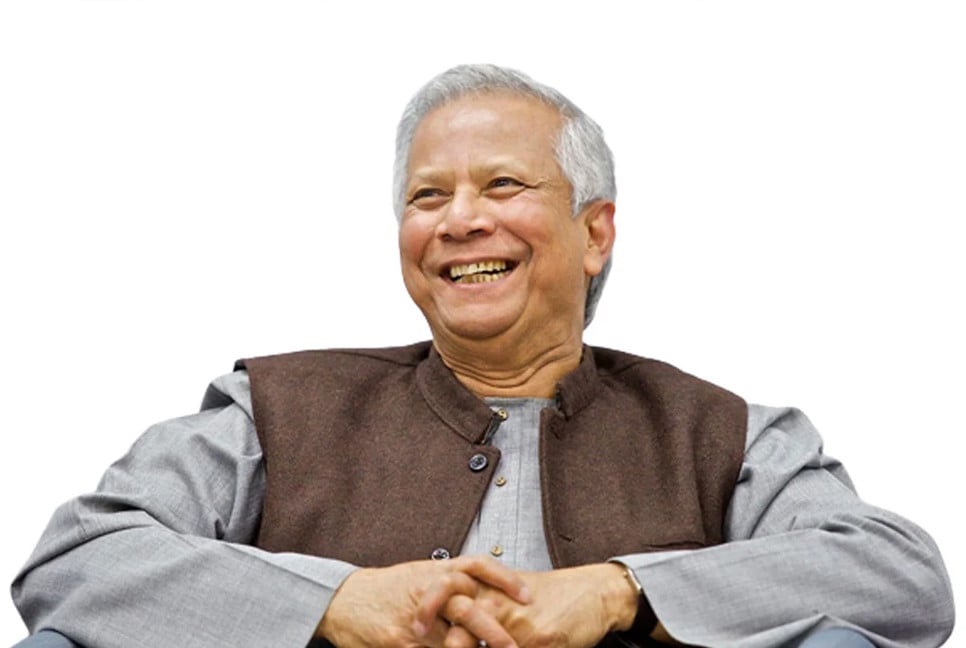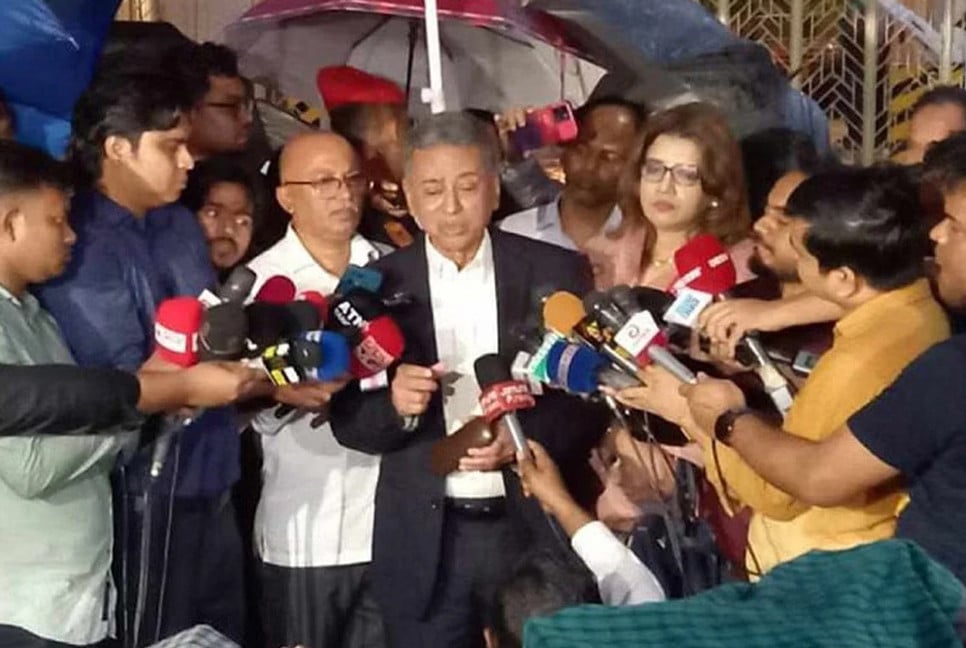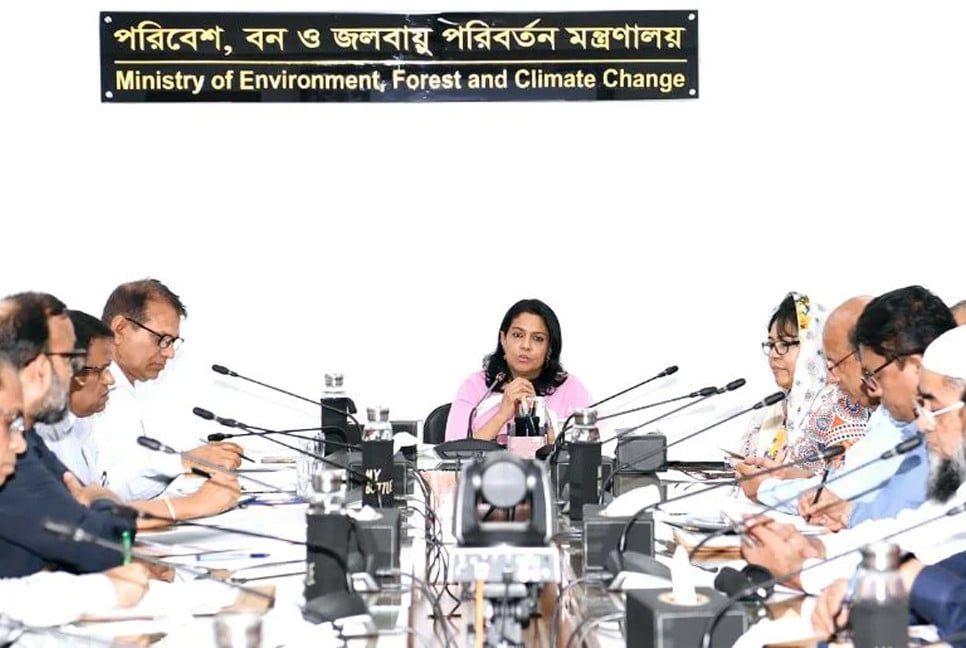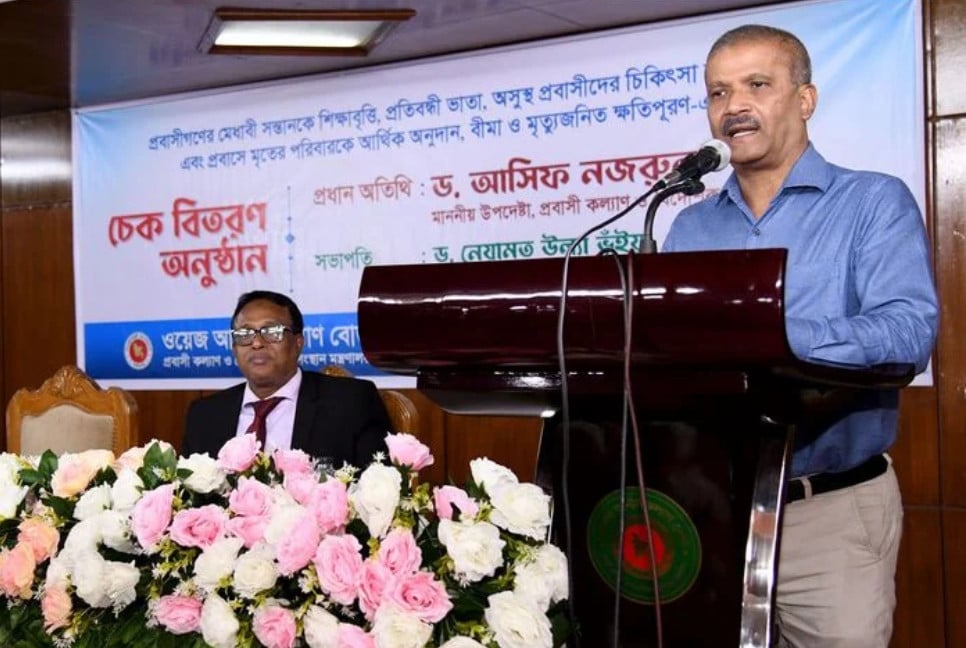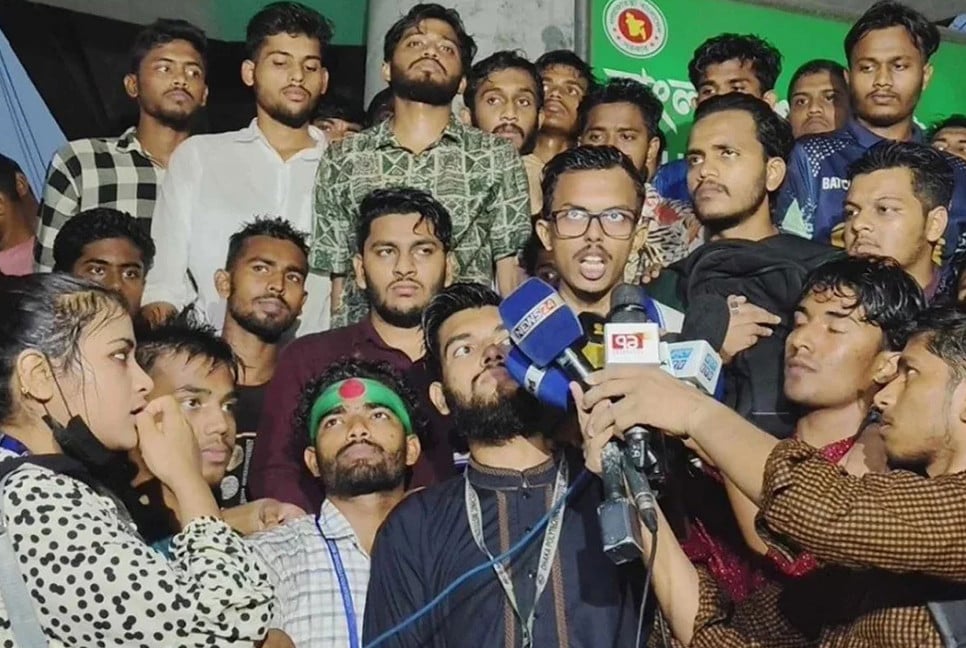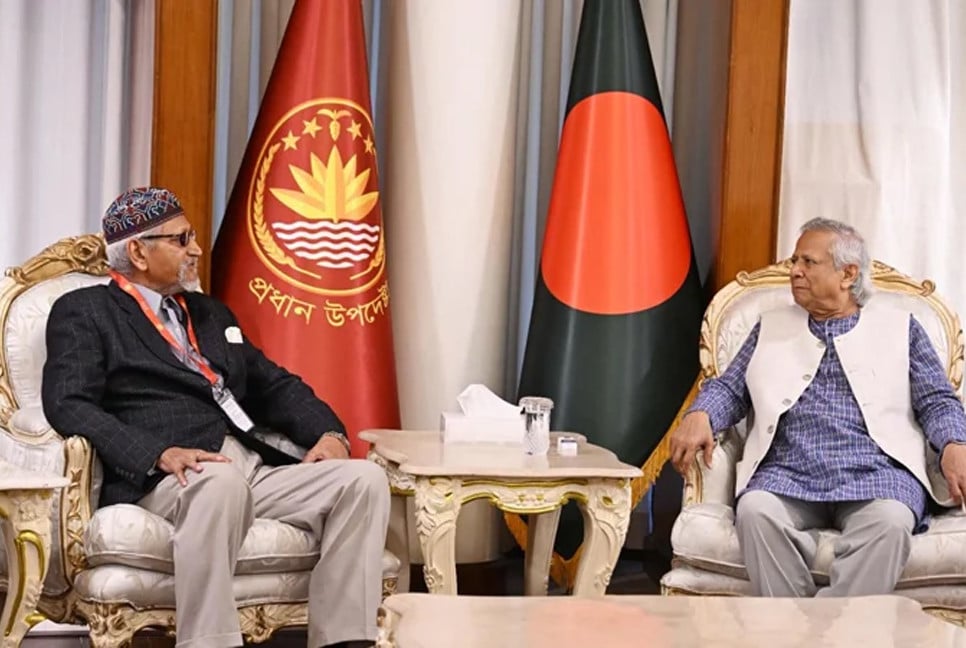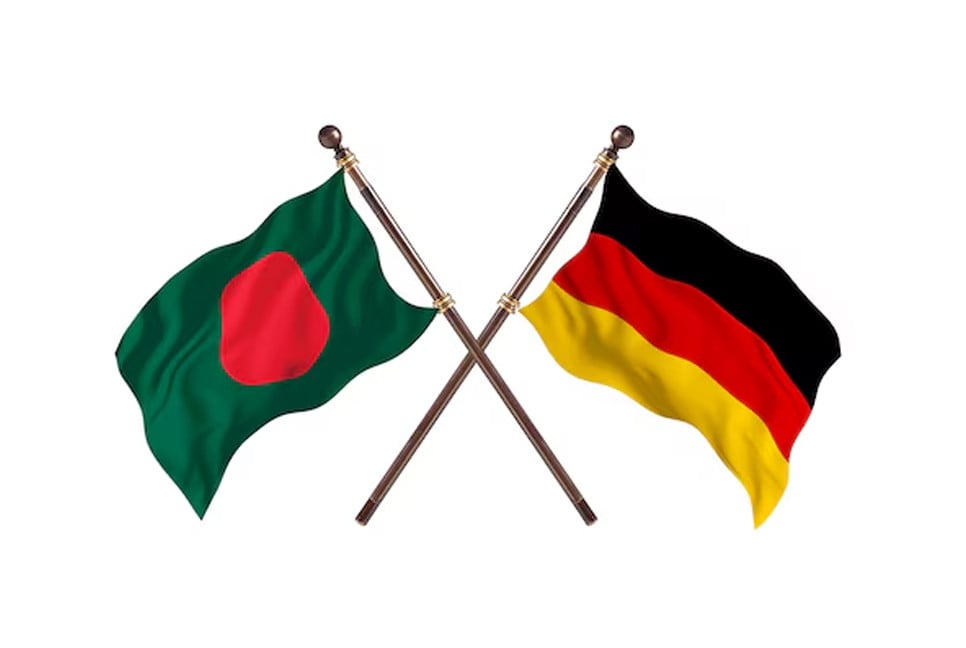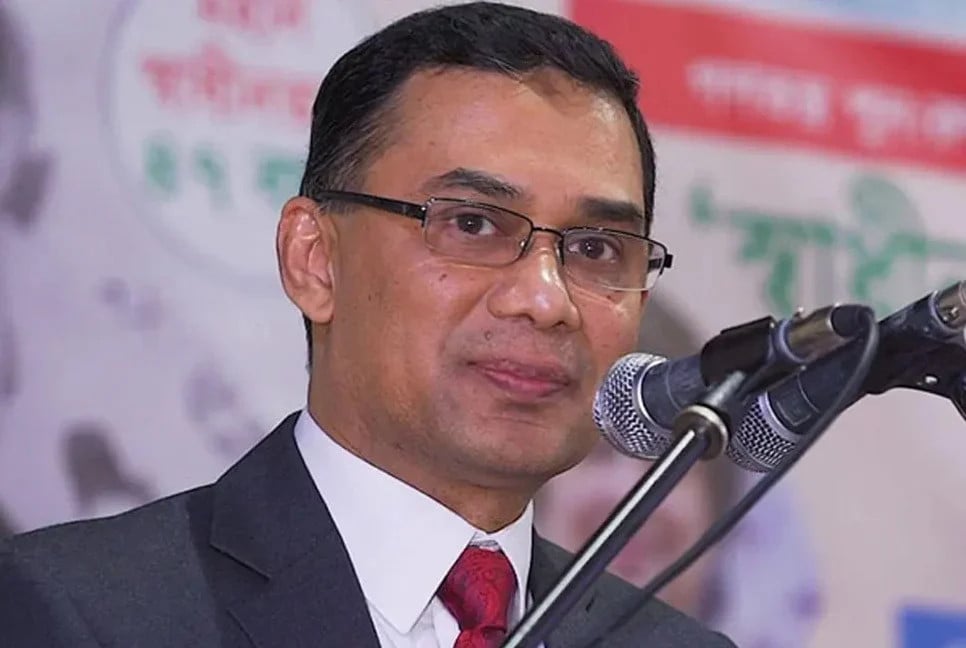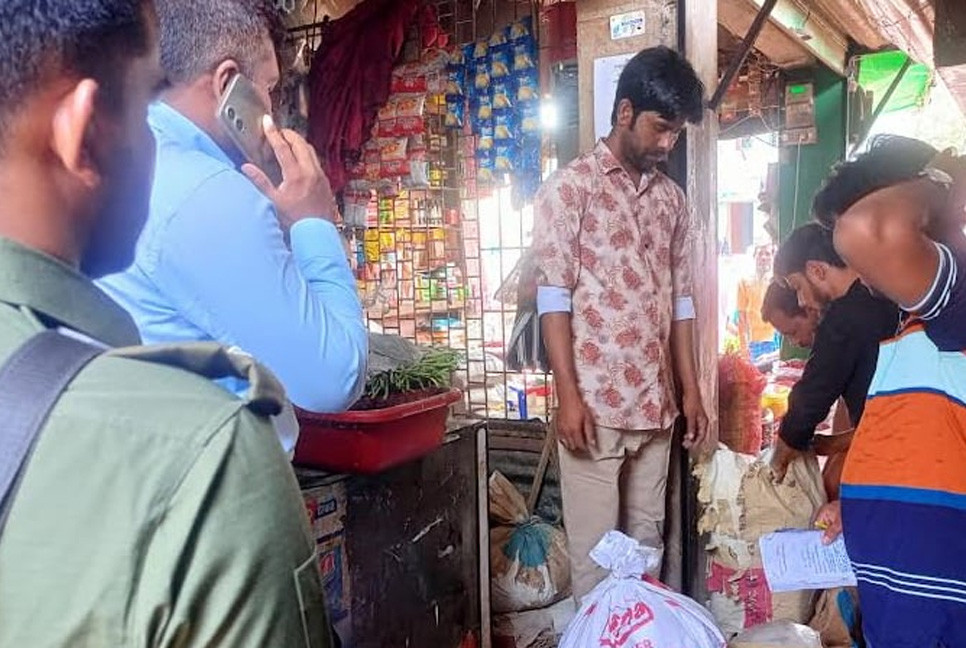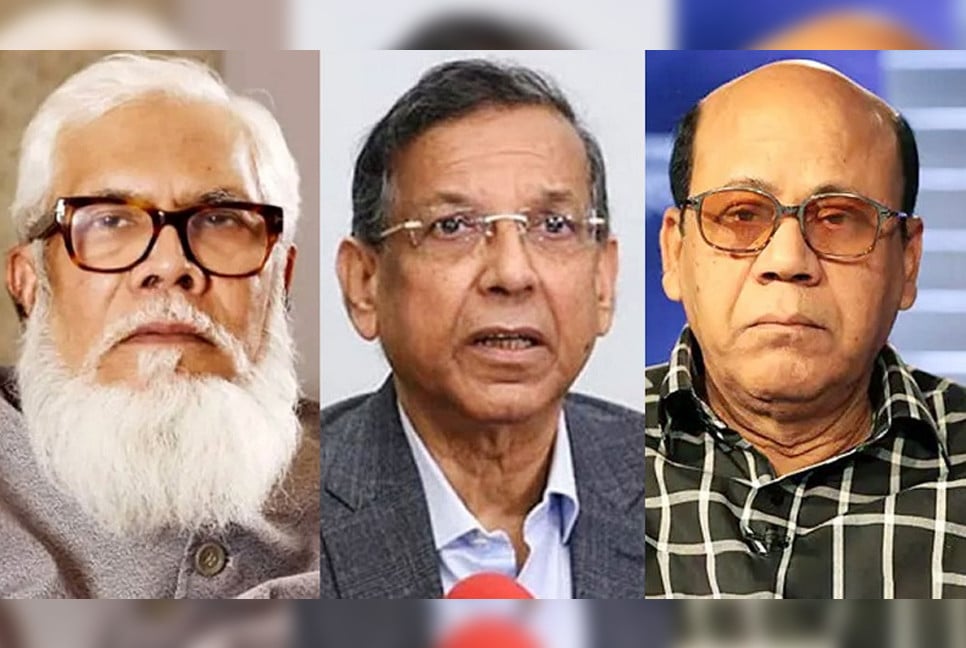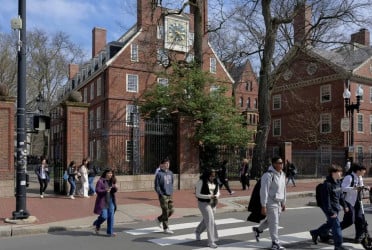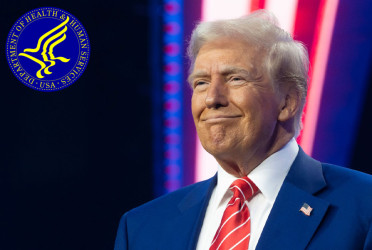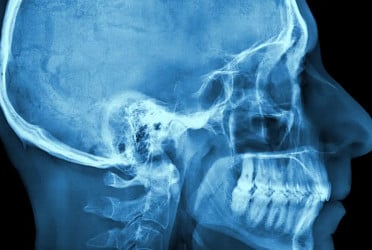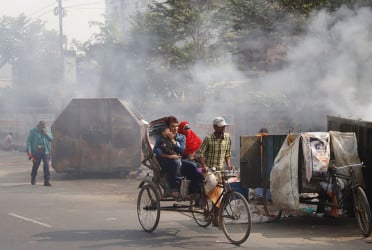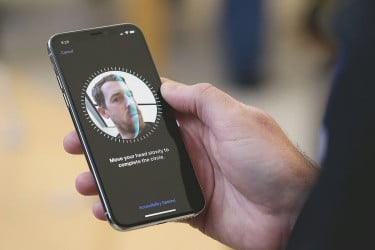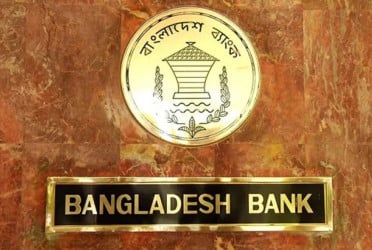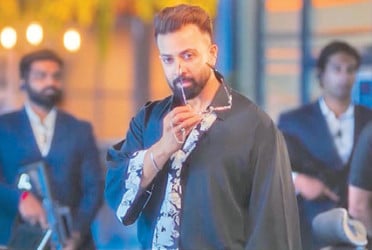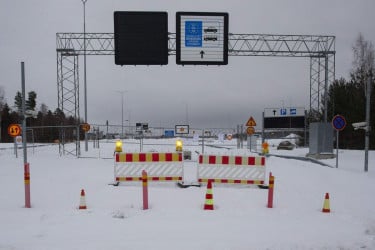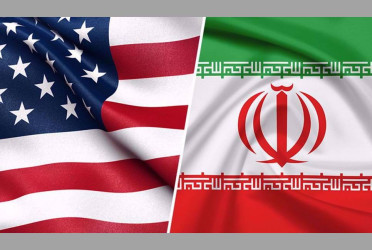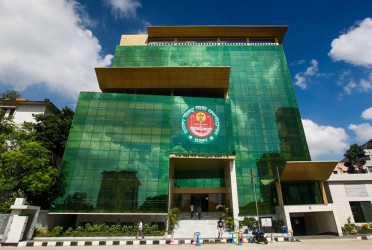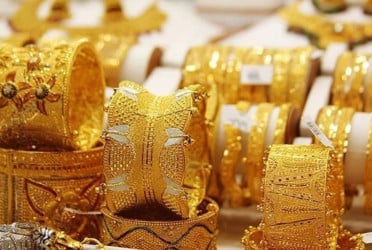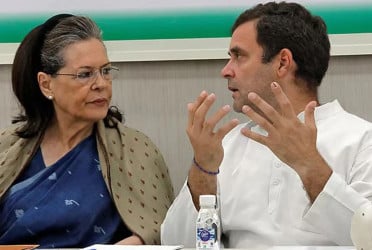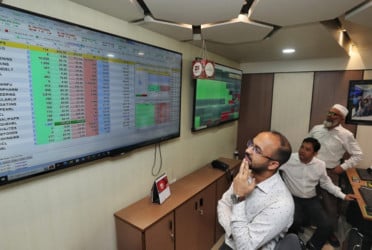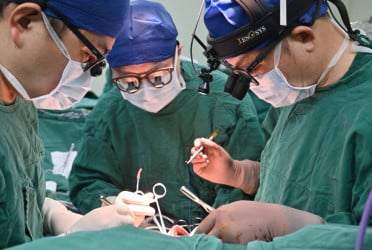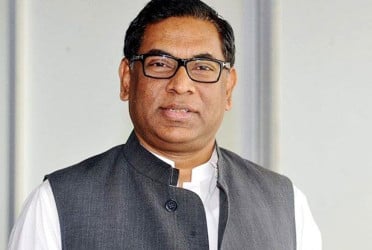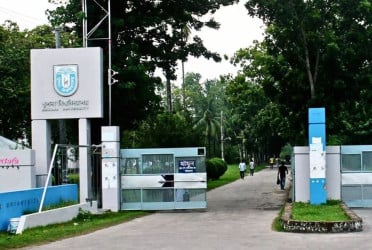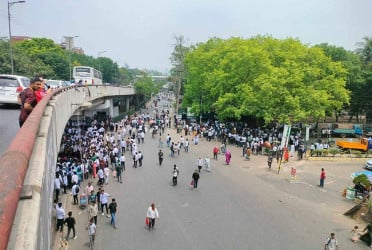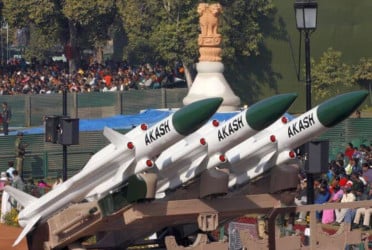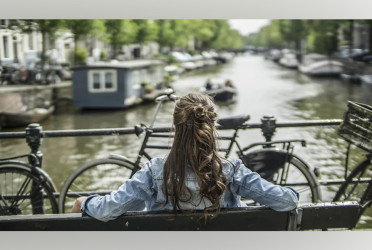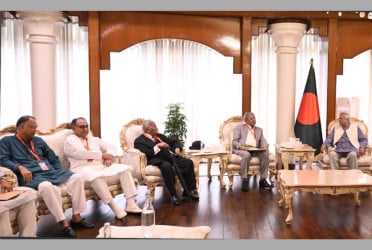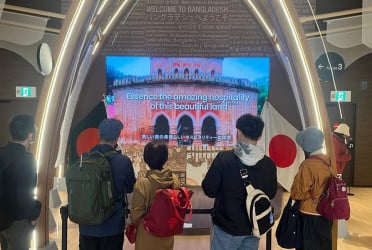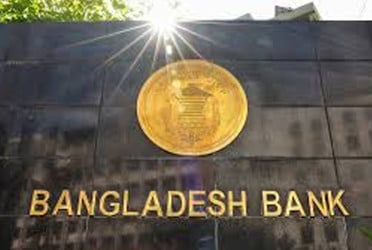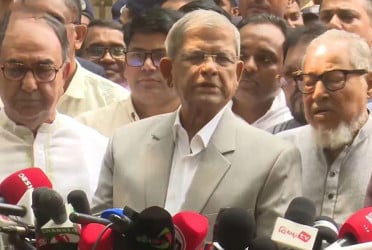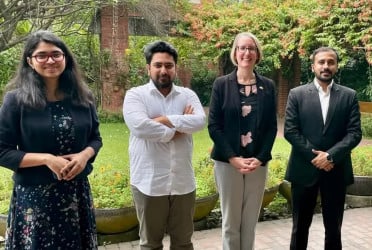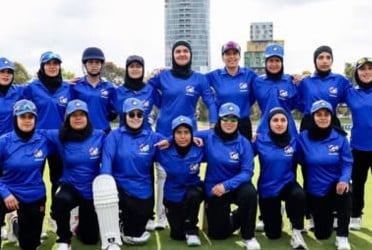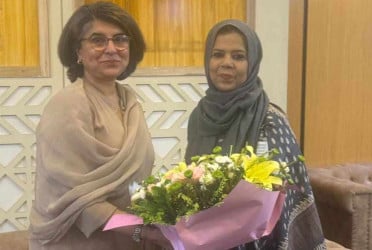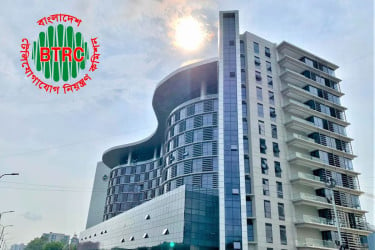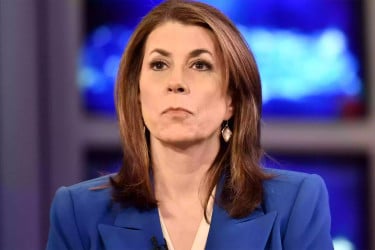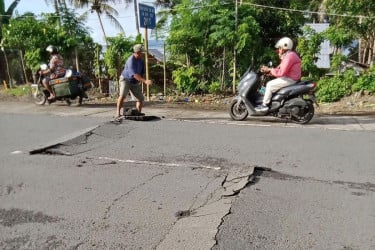The United Nations (UN) High Commissioner for Human Rights Volker Turk on Tuesday emphasized on ensuring justice for all the recent and past cases of human rights violations in Bangladesh.
“A great opportunity has emerged for Bangladesh to reform its state institutions and deal with the human rights issues through adequate measures,” he said while speaking at a views exchange meeting with student movement leaders at Dhaka University’s Nabab Nawab Ali Chowdhury Senate Bhaban, reports BSS.
Stating that democratic process must be made functional based on human rights, Turk added: “An open environment is required to let journalists, social workers and other rights activists work freely and smoothly.”
DU Vice Chancellor Prof Dr Niaz Ahmed Khan delivered welcome speech at the meeting which was participated by DU Proctor Saifuddin Ahmed, Coordinator of Anti-discrimination Student Movement Abu Baker Majumder, UN officials, student movement coordinators and students from different universities and colleges.
Volker Turk said, “The bravery and sacrifice of Bangladeshi youths have inspired us a lot. We are ready to be with these youth people and to support them on their journey. And the journey with the youth has already begun through fact-finding missions.”
UN rights chief assured of extending all out cooperation to the interim government in building institutions, restoring civil rights and ensuring accountability in the light of human rights.
The Dhaka University has already formed a committee to identify those involved in July killing, DU VC Prof Niaz said, adding, “The committee will provide all possible assistance to the UN Fact-Finding Team in bringing the perpetrators to justice.”
Referring to Dhaka University as the ‘Epicenter’ of the student movement, the VC said, “We want to move forward to build a new Bangladesh with the coordinators and students of this movement.”
The UN human rights chief also answered various questions of the students in the view exchanges meeting.
Earlier, UN Human Rights Chief visited Dhaka University campus to see the graffiti drawn by young revolutionaries during the student-led mass uprising in July and August as Dhaka became the ‘Graffiti Capital’ of the world after young painters turned its walls into powerful canvases.
Bd-pratidin English/Lutful Hoque

